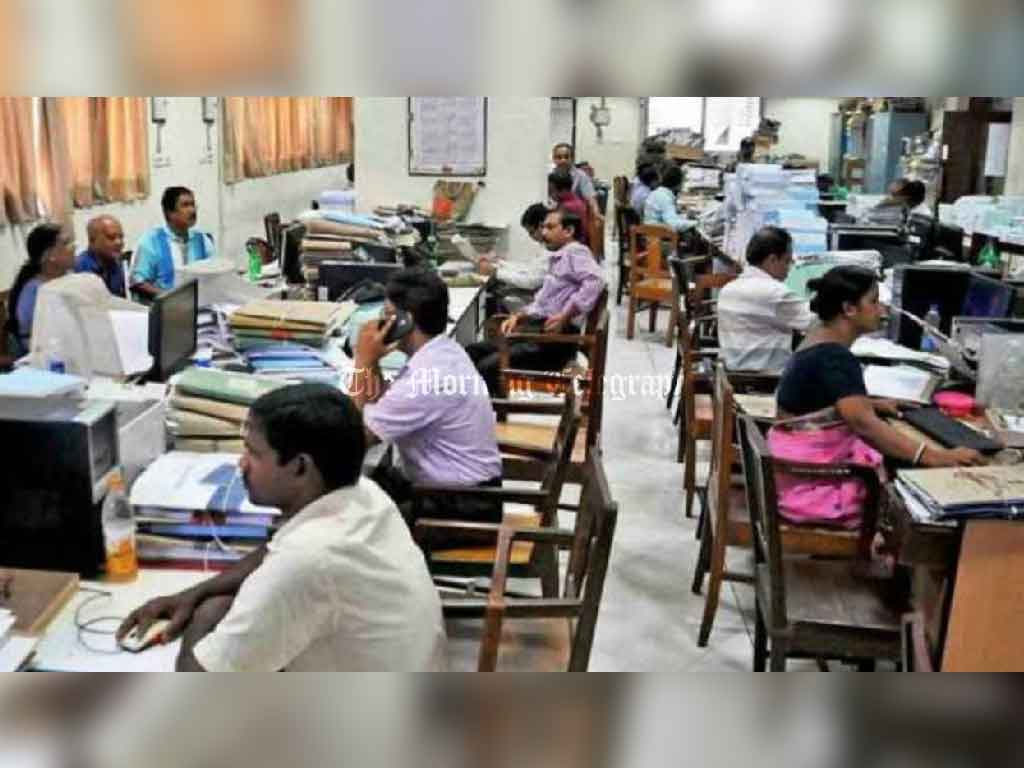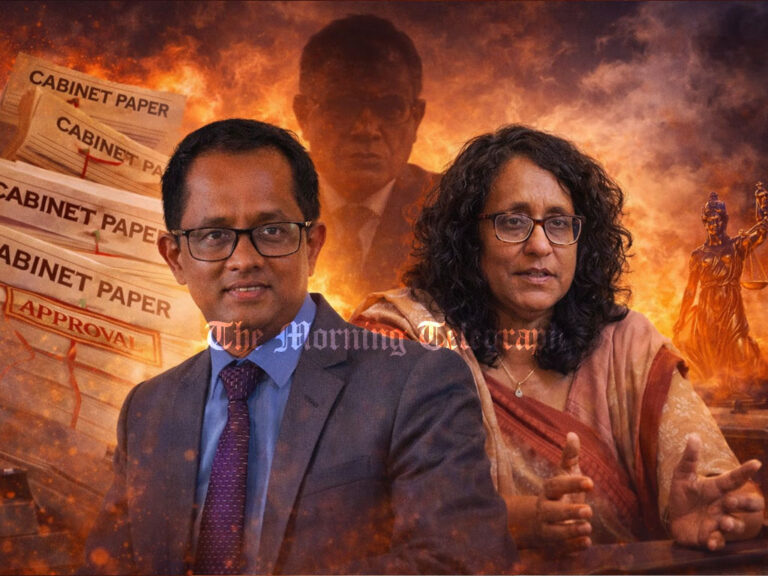
Sri Lanka’s provincial councils are set to undergo a significant reduction in staff over the next five years, with plans to decrease the workforce by 25-30%. The employees affected will primarily be from secondary and primary levels. In some provinces, the reduction could reach as high as 75-80%, underscoring the scale of the proposed changes.
The process has already commenced, with all ministries, offices, departments, local government bodies, and provincial authorities tasked with drafting proposals for downsizing their staff. Reports containing these proposals are being prepared, with institutions like the Sabaragamuwa Provincial Council initiating staff awareness programs to facilitate the transition. Provincial council sources noted that resource persons are being utilized to guide these efforts.
To oversee the implementation of the staff reduction plans, a task force will be established under the chairmanship of the Provincial Chief Secretary. The task force will include the Deputy Chief Secretary (Administration), Deputy Chief Secretary (Training), Secretary of the Provincial Public Service Commission, and Secretary to the Governor. Additional officers may be appointed to the committee if needed. The task force is responsible for drafting the restructuring proposal and periodically reviewing its progress and effectiveness.
The restructuring process will follow a four-stage framework. The first stage involves institutional organizational restructuring, followed by an analysis of existing manpower. The third stage focuses on determining the proposed manpower supply, while the final stage will implement restructuring strategies. Each institution has been provided with detailed areas of focus to ensure a comprehensive approach to workforce reduction.
This ambitious effort reflects the government’s broader objectives to streamline operations within provincial councils, optimize resource allocation, and improve institutional efficiency. However, with such significant cuts proposed, the initiative is expected to face both logistical and political challenges.




